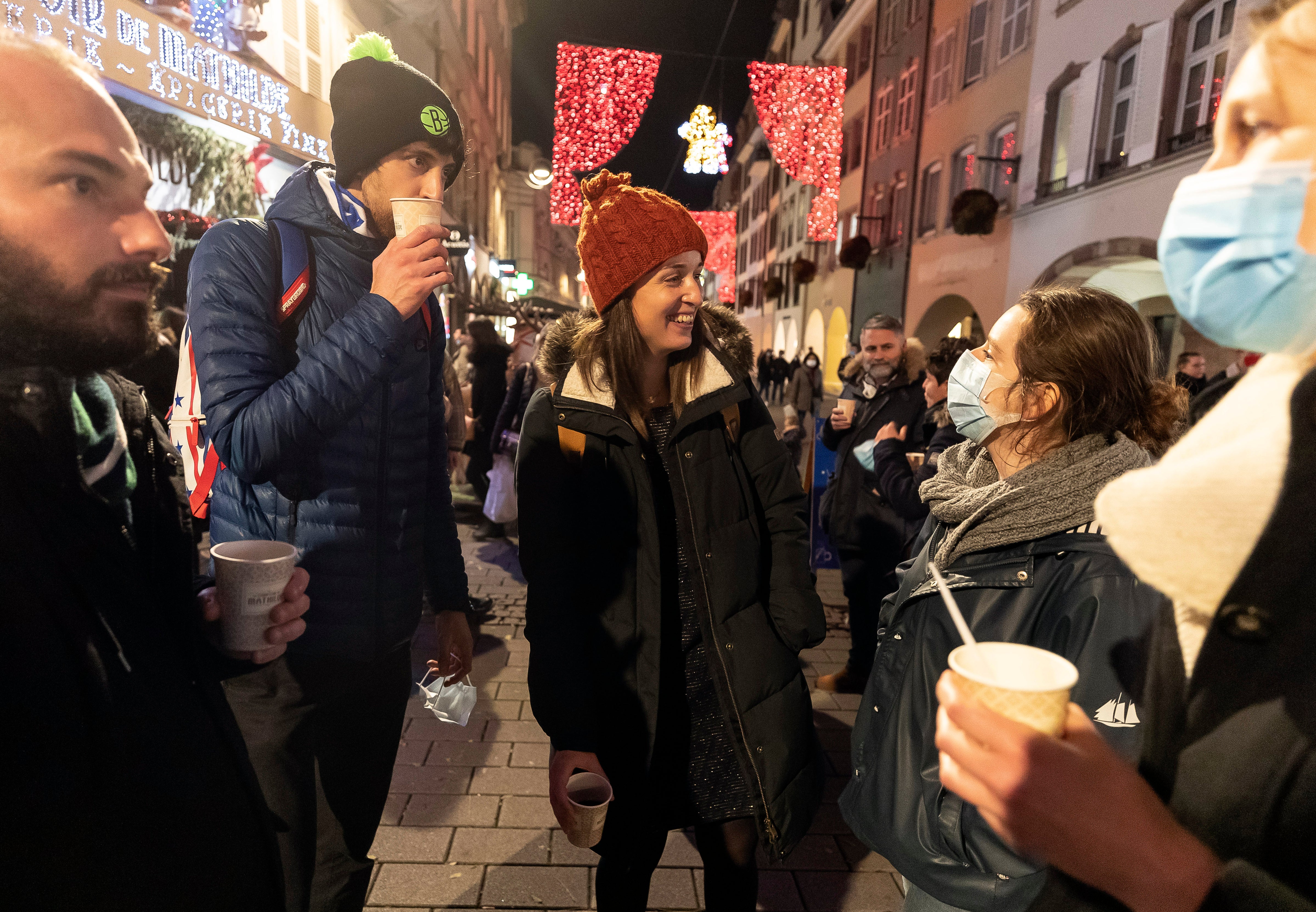At a glance: Europe's coronavirus curfews and lockdowns
Across Europe and beyond, countries have a patchwork of curfews and lockdowns of varying strictness to combat the spread of the coronavirus

Your support helps us to tell the story
From reproductive rights to climate change to Big Tech, The Independent is on the ground when the story is developing. Whether it's investigating the financials of Elon Musk's pro-Trump PAC or producing our latest documentary, 'The A Word', which shines a light on the American women fighting for reproductive rights, we know how important it is to parse out the facts from the messaging.
At such a critical moment in US history, we need reporters on the ground. Your donation allows us to keep sending journalists to speak to both sides of the story.
The Independent is trusted by Americans across the entire political spectrum. And unlike many other quality news outlets, we choose not to lock Americans out of our reporting and analysis with paywalls. We believe quality journalism should be available to everyone, paid for by those who can afford it.
Your support makes all the difference.Across Europe and beyond, countries have a patchwork of curfews and lockdowns of varying strictness to combat the spread of the coronavirus. Here, at a glance, are the measures in place in the European Union's 27 member nations and some neighboring countries:
—-
Austria: In a third lockdown. Leaving home only allowed for work, medical visits, exercise, groceries. No overnight curfew.
Belgium: 10 p.m. to 6 a.m. curfew in French-speaking regions; midnight to 5 a.m. in Dutch-speaking Flanders region.
Bulgaria: No lockdown or curfew.
Croatia: Limits on gatherings; cafes and restaurants closed, but no curfew.
Cyprus: In lockdown, plus a 9 p.m. to 5 a.m. curfew.
Czech Republic: 9 p.m. to 5 a.m. curfew.
Denmark: No lockdown or curfew.
Estonia: No lockdown or curfew.
Finland: No lockdown or curfew.
France: EU's longest curfew, from 6 p.m. to 6 a.m., in 25 regions of eastern France; from 8 p.m. to 6 a.m. in the rest of the country. Shopping and all outdoor activities stop at curfew, only short pet walks allowed. Working and commuting allowed with note from employer. Food deliveries but not takeout allowed. Fines for curfew-breakers.
Germany: A patchwork of restrictions in the 16 states; some have overnight curfews; no curfew in the capital, Berlin.
Greece: In lockdown; limited movements allowed during the day, plus 9 p.m. to 5 a.m. curfew.
Hungary: 8 p.m. to 5 a.m. curfew.
Ireland: In lockdown; travel allowed for work, education, other essential activity and for exercise within 5 kilometers (3 miles) from home. No curfew.
Italy: 10 p.m. to 5 a.m. curfew.
Latvia: 10 p.m. to 5 a.m. curfew from Friday night to Sunday morning.
Lithuania: No curfew.
Luxembourg: 11 p.m. to 6 a.m. curfew.
Malta: No curfew.
Netherlands: Strict lockdown until at least Feb. 9. No curfew, but considering one.
Norway: No lockdown or curfew.
Poland: Shopping malls closed, with the exception of pharmacies, cleaners, barbers and food shops. Restaurants can only do takeaway food. Hotels, sports facilities closed. No curfew.
Portugal: Strict lockdown starts Friday. Staying at home is mandatory, including for work. Schools to remain open, along with companies providing essential services.
Romania: 11 p.m. to 6 a.m. curfew. Localized lockdowns, but not strictly enforced.
Russia and other ex-Soviet nations: No lockdowns or curfews.
Slovakia: In lockdown. Leaving home allowed for work and essentials.
Slovenia: 9 p.m. to 6 a.m. curfew.
Spain: Curfews start between 10:00 p.m. and 12:00 a.m. and end between 5:00 a.m. and 7:00 a.m., depending on the region.
Sweden: No lockdown or curfew.
Turkey: 9 p.m. to 5 a.m. weekday curfew; all-day lockdown on weekends.
U.K.: All four nations (England, Scotland, Northern Ireland and Wales) in lockdown, people must stay at home except for limited essential trips and exercise. Schools closed except to children of key workers and vulnerable children. No curfew.